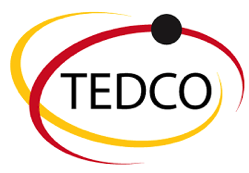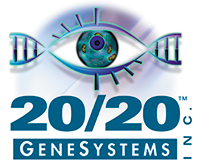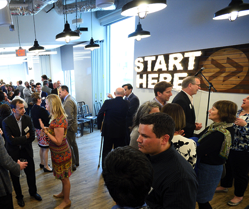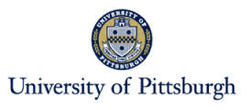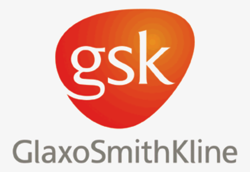

For more than a decade, Indianapolis-based Lumina Foundation has been making grants to organizations that support its mission of increasing the number of adults obtaining postsecondary credentials.
That’s the typical playbook for private foundations—contribute to other not-for-profits that are trying to make a difference. But over the past year, Lumina has aggressively moved in a more novel direction, funneling more of its $1.2 billion endowment into venture capital. Instead of just handing out grants, it’s taking ownership stakes in for-profit businesses, mainly education-tech startups.



